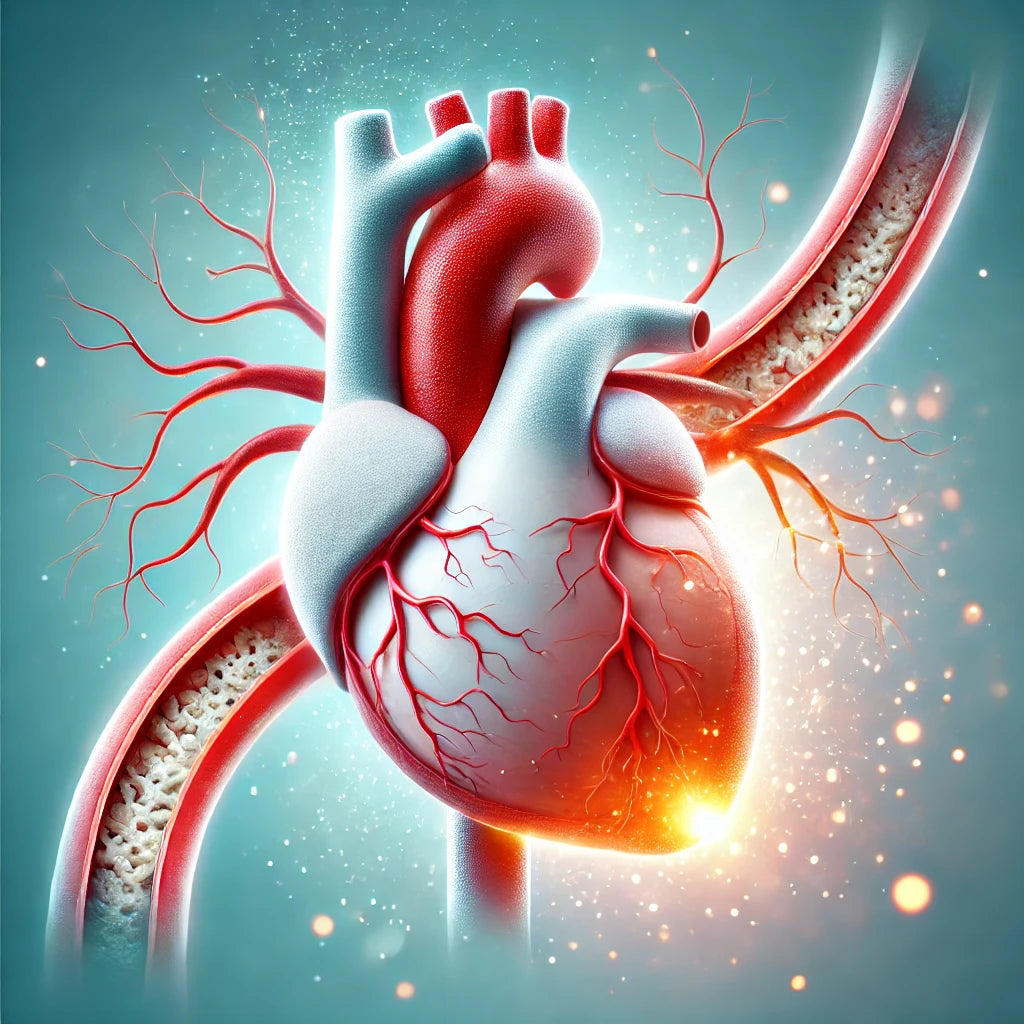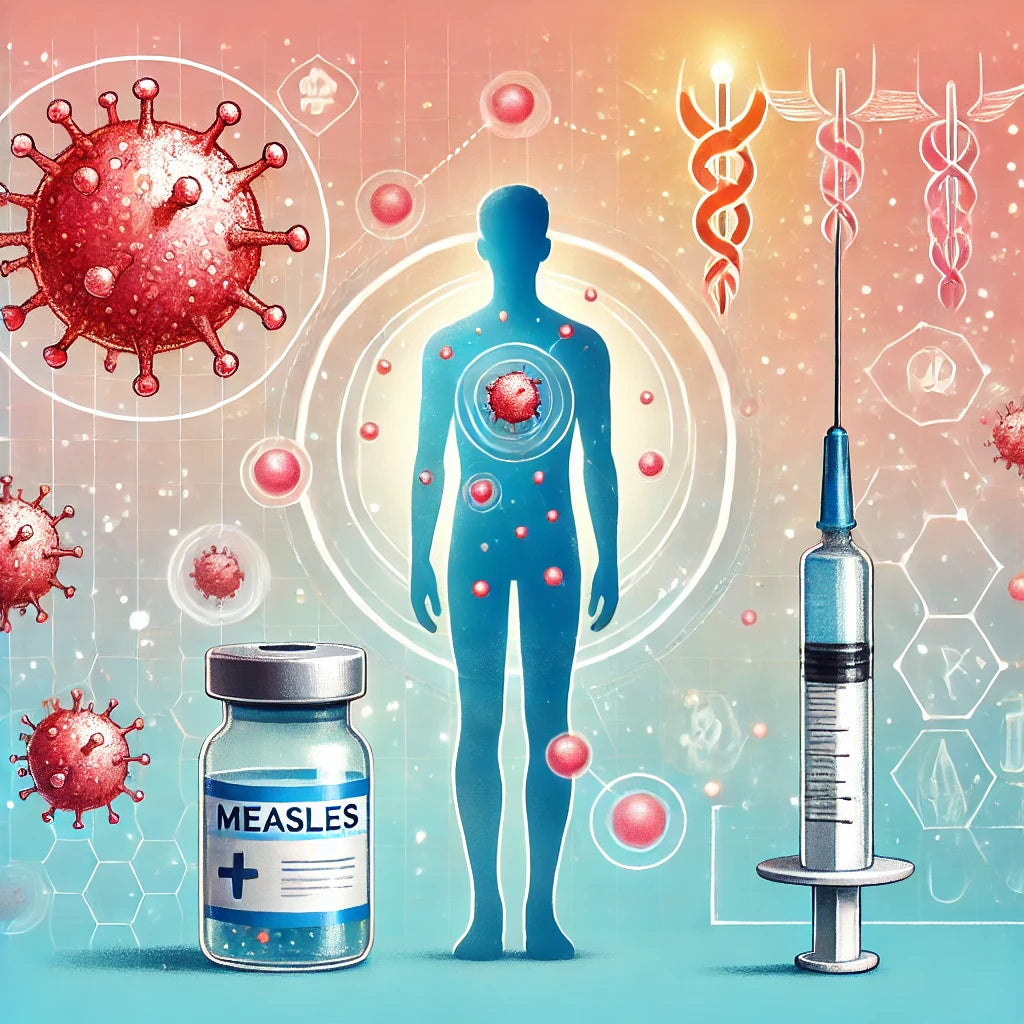News
Can microRNAs Be Used as Biomarkers for Aging?
age-related diseases aging biomarkers aging research anti-aging research biological age biomarkers for aging gene expression regulators gene regulation microRNA aging profiles microRNA and aging microRNAs miRNA expression miRNA sequencing miRNA stability miRNA therapies miRNA-based diagnostics miRNAs miRNAs and longevity miRNAs in disease detection non-invasive biomarkers personalized medicine
Can microRNAs be used as biomarkers for aging? This question has sparked the interest of researchers worldwide as they explore the molecular mechanisms of aging. microRNAs (miRNAs) are small, non-coding RNA molecules that play a crucial role in regulating gene expression. Their ability to modulate key biological processes has led scientists to investigate whether these tiny molecules could serve as reliable indicators of aging. As we age, changes in miRNA expression occur, and these alterations could potentially be harnessed to track the aging process, predict age-related diseases, and improve personalized medicine.
The idea of using miRNAs as biomarkers for aging is particularly exciting because it represents a non-invasive, easily measurable tool for assessing biological age. Chronological age does not always align with how our bodies age at the cellular level. By focusing on biological markers like miRNAs, researchers hope to develop methods that can provide a more accurate reflection of individual health, aging, and susceptibility to age-related diseases. This article will delve deeper into how miRNAs function, their role in aging, and whether they can be effectively used as biomarkers.
Zika Virus Treatment Options: Current Approaches and Limitations
alternative Zika treatments antiviral drugs for Zika emerging Zika therapies flavivirus Guillain-Barré syndrome microcephaly mosquito-borne illness natural remedies for Zika Zika diagnosis Zika during pregnancy Zika prevention Zika transmission Zika treatment Zika vaccine progress Zika virus Zika virus research Zika virus symptoms
The Zika virus, primarily spread by infected mosquitoes, has garnered global attention due to its rapid spread and severe consequences, particularly for pregnant women and their unborn children. Since the outbreak in 2015, researchers have been racing to develop treatments and vaccines to mitigate the virus's impact. While there has been significant progress in understanding Zika's transmission and effects, there is still much to be desired when it comes to effective treatment.
Currently, treatment options for the Zika virus remain limited, with the focus largely on managing symptoms and preventing the disease’s spread. However, there is hope in the form of ongoing research and emerging therapies that may offer more comprehensive solutions in the near future. In this article, we’ll explore the current approaches to Zika virus treatment, their limitations, and the potential breakthroughs that could change the landscape of Zika management.
Pneumonia in the Elderly: Challenges and Treatment Considerations
antibiotics for pneumonia chronic conditions and pneumonia cognitive changes pneumonia elderly immune system elderly pneumonia risks end-of-life pneumonia flu vaccine seniors immune system aging pneumonia care in older adults pneumonia complications elderly pneumonia diagnosis seniors pneumonia in elderly pneumonia palliative care pneumonia prevention pneumonia recovery elderly pneumonia symptoms in elderly respiratory infections elderly senior health pneumonia treatment of pneumonia in seniors
Pneumonia in the elderly is a significant health concern that can present unique challenges compared to younger populations. This respiratory infection, which affects the lungs and impairs breathing, is more common and severe among older adults due to their weakened immune systems and the presence of underlying health conditions. For those aged 65 and older, the risk of complications and hospitalization is higher, making pneumonia a serious threat to their overall well-being. As the global population ages, understanding how pneumonia impacts the elderly and how it can be effectively treated becomes more crucial.
Age-related changes in the body, combined with existing conditions such as diabetes, heart disease, or chronic lung diseases, often complicate the diagnosis and treatment of pneumonia in older adults. Furthermore, symptoms in the elderly may not always be as apparent, leading to delayed treatment. Understanding these unique challenges is essential for healthcare providers and caregivers. This article explores the various aspects of pneumonia in the elderly, from the specific risk factors and symptoms to the treatment options available, while highlighting the importance of prevention through vaccination and lifestyle adjustments.
Can Coronary Artery Disease Be Reversed? Explore Treatment Options
angioplasty for heart disease CAD exercise benefits CAD medications CAD prevention can CAD be reversed cholesterol and CAD controlling cholesterol levels coronary artery disease reversal coronary artery disease treatment heart disease lifestyle changes heart disease management heart disease recovery plant-based diet heart disease plaque buildup reversal reverse heart disease reversing atherosclerosis reversing heart disease naturally statins for heart disease
Coronary artery disease (CAD), often referred to as heart disease, is a condition caused by the buildup of plaque in the coronary arteries, which supply oxygen-rich blood to the heart. Over time, this buildup can lead to the narrowing or blockage of the arteries, restricting blood flow to the heart muscle. CAD is one of the leading causes of death worldwide and a major contributor to heart attacks, strokes, and other cardiovascular complications. But a common question arises: Can coronary artery disease be reversed?
The idea of reversing coronary artery disease is a hopeful one, and while complete reversal may not always be possible, significant progress can be made in managing the disease. Through a combination of lifestyle changes, medical interventions, and, in some cases, surgery, it is possible to halt the progression of CAD, reduce plaque buildup, and even slightly reverse its effects. This article will explore the strategies available to those with coronary artery disease and discuss how lifestyle changes, medications, and medical procedures can dramatically improve heart health.
Can You Get Measles Twice? Understanding Immunity and Reinfection
can you get measles twice childhood vaccines compromised immune system get measles twice herd immunity immunity measles measles immunity measles outbreak measles prevention measles reinfection measles symptoms measles vaccine measles virus MMR vaccine second measles infection titer test vaccine effectiveness vaccine failure viral infection
Measles is one of the most contagious viral infections, known for causing high fever, cough, a distinctive red rash, and other flu-like symptoms. It's primarily spread through respiratory droplets and can easily infect anyone who hasn't been vaccinated or developed immunity. While most people associate measles with a one-time illness, a common question that arises is: Can you get measles twice?
Typically, after recovering from measles, individuals develop lifelong immunity, preventing them from getting the virus again. However, there are rare exceptions and nuances to consider, including vaccine failure and certain immune system conditions. In this article, we’ll explore whether it’s possible to get measles more than once, how immunity works, and the role of vaccines in preventing a second infection.





